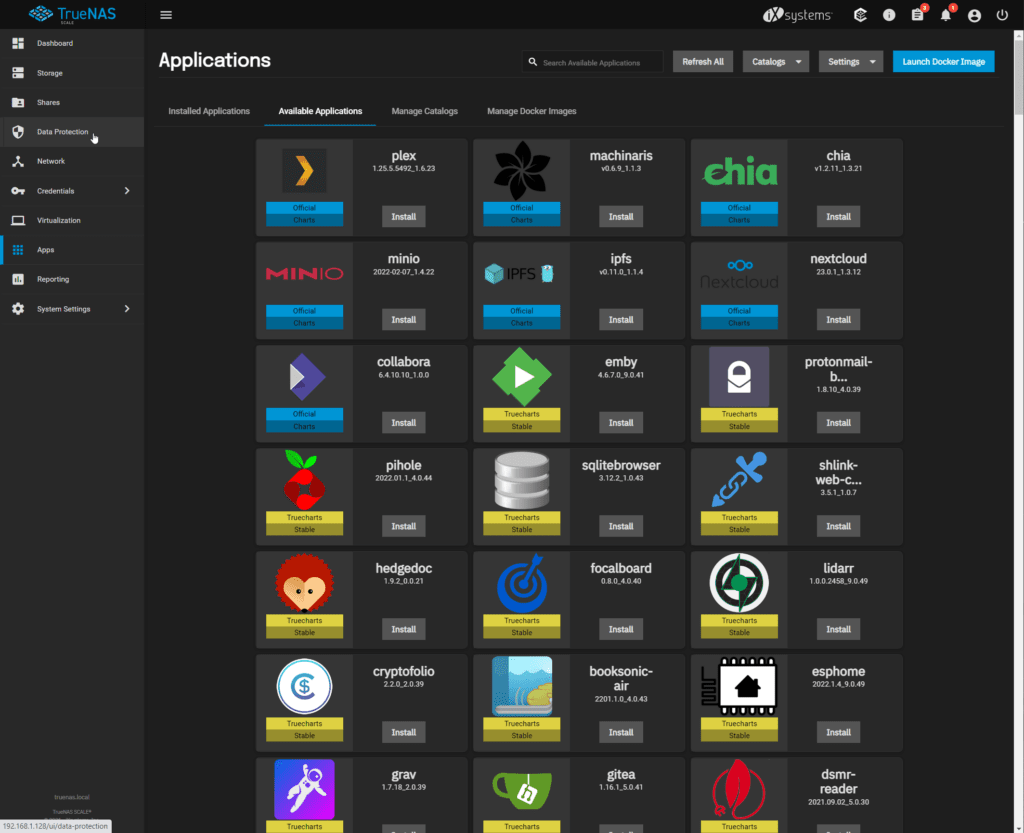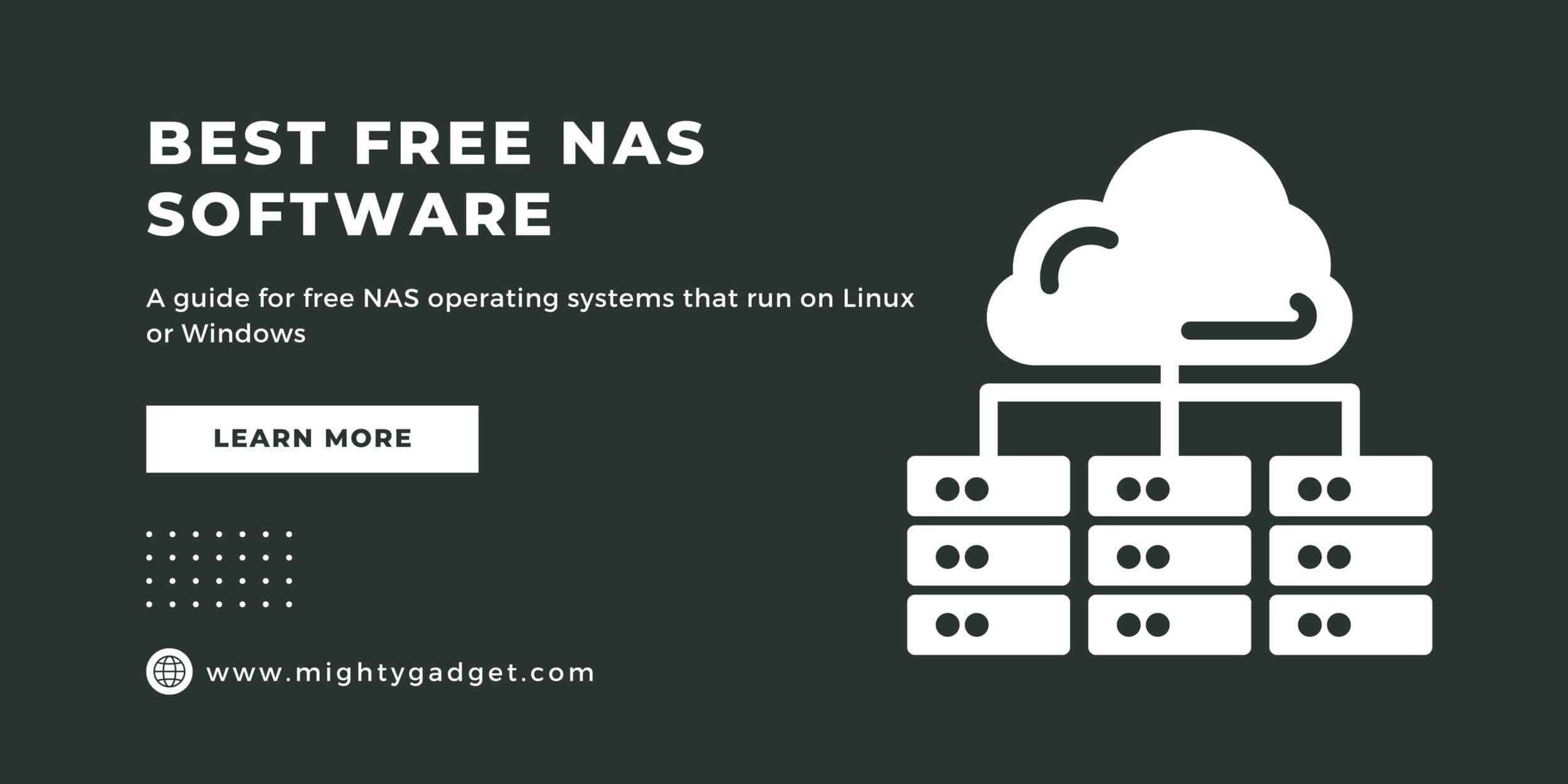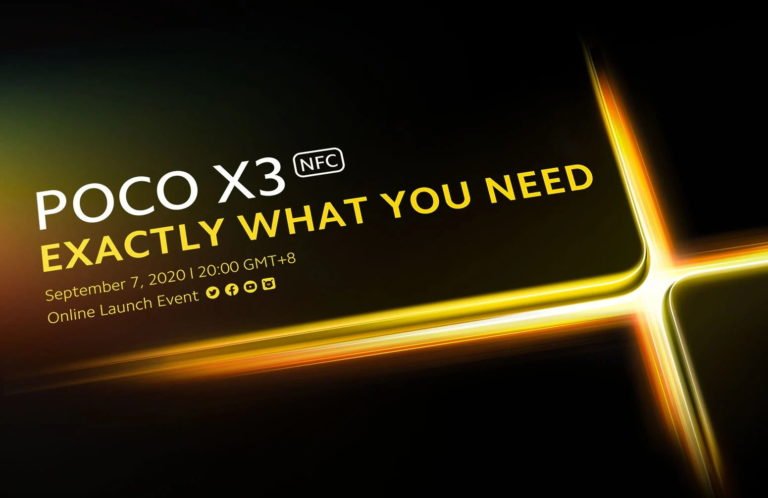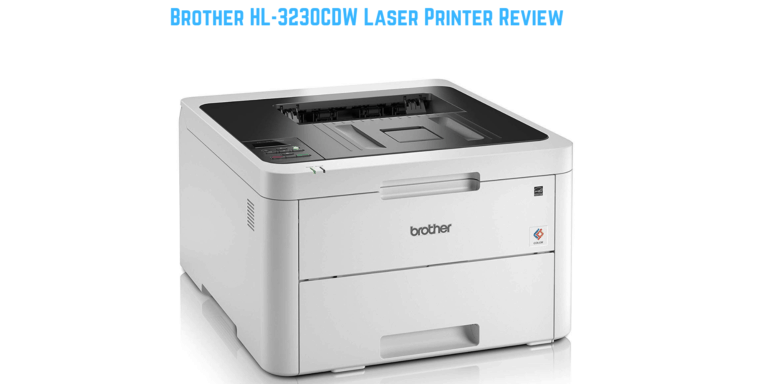Any links to online stores should be assumed to be affiliates. The company or PR agency provides all or most review samples. They have no control over my content, and I provide my honest opinion.
Network-attached storage (NAS) has come a long way, and it’s not just for businesses any more. If you’re like me, you’ve probably got a plethora of media files, documents, and backup data scattered across your devices. A NAS solution can be a game-changer, providing a centralised space for all your digital assets. The best part? You can build a robust NAS system without breaking the bank, thanks to some incredibly versatile free software solutions out there. In this guide, I’ll dive into some of the top free NAS software, segregating them based on their underlying operating systems—Linux and Windows.
TrueNAS & Unraid Recommendations
I should note that most people (Reddit users) recommend either TrueNAS or Unraid for self-build NAS systems or reflashing a propriety NAS like TerraMaster.
I personally use Unraid, which is not free, but is generally regarded as the best option for running your own custom NAS. It is incredibly easy to use and allows for easy expansion of storage, and you can mix and match drive sizes. The downside is the drive performance isn’t as good as TrueNAS, but using an NVMe cache drive mostly resolves that problem.
Unraid costs between $59 and $129, depending on the number of drives you require, and it has a 30-day free trial.
As this is a post about free NAS software, the main recommendation would be TrueNAS, though a lot of people like OpenMediaVault. There is also nothing stopping you from using Ubuntu and setting that up to work as a NAS yourself, but it is more time-consuming.
Related Content & Reviews
- TerraMaster F2-423 NAS Review
- TerraMaster F4-421 NAS Review (2021 Model)
- TerraMaster F4-422 10GbE 4-Bay NAS Review
- Synology DS220j 2 Bay NAS Review
- Synology DS218play 2 Bay NAS Review
- TerraMaster F2-210 NAS Review
- Amber Plus Review
FreeBSD Based NAS Software
TrueNAS Core

TrueNAS is a unified storage software platform that merges the legacy of FreeNAS—widely known for its robust and free network-attached storage (NAS) capabilities—with enterprise-grade features to serve a broader range of users. Developed by iXsystems, TrueNAS aims to provide a single, streamlined experience for both home users and businesses, offering scalable, reliable, and efficient storage solutions.
TrueNAS now has two versions, TrueNAS Core, which is the original version and is based on FreeBSD, And the newer TrueNAS Scale which I will cover next as it is based on Linux.
Pros:
- Rich feature set including snapshots, data deduplication, and encryption.
- A large, active community for support.
- Better performance vs TrueNAS Scale
Cons:
- Requires a steep learning curve.
- High RAM requirements for ZFS.
- Limit apps / No Docker vs TrueNAS Scale
Linux-Based NAS Software
TrueNAS Scale

TrueNAS SCALE represents the latest iteration of the TrueNAS series and is underpinned by Debian Linux. This version offers greater adaptability and scalability in its storage capabilities, and it incorporates extra features like the ability to run Docker containers within the solution’s applications segment. Additionally, it boasts compatibility with Microsoft Azure.
The primary distinction between TrueNAS CORE and SCALE lies in their foundational operating systems: CORE operates on FreeBSD, while SCALE is built on Debian Linux.
Pros:
- Has Docker and a wide range of easy to install apps
- Runs on Debian which more people are familier with
Cons:
- Performance is not as good – in particular I foudn that performance was poor on my Terramaster NAS, but that was also shortly after Scale was launched.
- Most TrueNAS tutorials/guides are based on Core
OpenMediaVault
This Debian-based NAS solution is more user-friendly and ideal for those new to the NAS environment. It offers a sleek web interface for easy management.
Pros:
- Extensible via plugins.
- Supports multiple file systems like ext4, XFS, and JFS.
Cons:
- Limited advanced features compared to TrueNAS.
- No ZFS support out of the box.
Rockstor
Rockstor is a CentOS-based solution, notable for its Btrfs file system, which offers similar features to ZFS but with less resource-intensive demands.
Pros:
- Easy to set up and manage.
- Lower hardware requirements.
Cons:
- Btrfs is generally less mature than ZFS.
- Smaller community.
Openfiler
Openfiler is based on rPath Linux and offers block-level storage sharing capabilities.
Pros:
- Highly configurable.
- Can integrate into Active Directory and LDAP environments.
Cons:
- Dated interface.
- Community support has dwindled in recent years.
Windows-Based NAS Software
AllMediaServer
This Windows-based software is tailored specifically for streaming media files.
Pros:
- Intuitive interface.
- Highly optimised for video and audio streaming.
Cons:
- Limited to media-serving capabilities.
- No advanced file system features.
LXiMedia
Another Windows-based solution, LXiMedia, is focused on providing a lightweight media server platform.
Pros:
- Low system requirements.
- Supports a variety of media formats.
Cons:
- Limited functionality beyond media serving.
- No built-in data protection features.
ReadyMedia
Formerly known as MiniDLNA, this software is simple yet effective for media streaming.
Pros:
- Easy to set up.
- Light on system resources.
Cons:
- Limited to DLNA protocol.
- No advanced storage management features.
Others Worth Mentioning
Firefly (formerly mt-daapd)
This is a Linux-based software primarily for iTunes sharing but supports other DAAP clients as well.
Pros:
- Simple setup.
- Lightweight on system resources.
Cons:
- Limited to iTunes and DAAP compatible devices.
- No advanced storage functionalities.
Final Thoughts
While Linux-based NAS solutions generally offer a more robust feature set and stronger data integrity options, Windows-based solutions excel in ease-of-use and are well-suited for media serving tasks. Your choice would hinge on what you’re looking to achieve—be it media streaming, data backup, or a mix of functionalities.
Whatever your requirements, there’s likely a free NAS software option to fit the bill. From the robustness of TrueNAS to the simplicity of ReadyMedia, these options provide a variety of paths for setting up your ideal home or small-business storage environment.
My personal recomendation would be to use TrueNAS Scale.
I am James, a UK-based tech enthusiast and the Editor and Owner of Mighty Gadget, which I’ve proudly run since 2007. Passionate about all things technology, my expertise spans from computers and networking to mobile, wearables, and smart home devices.
As a fitness fanatic who loves running and cycling, I also have a keen interest in fitness-related technology, and I take every opportunity to cover this niche on my blog. My diverse interests allow me to bring a unique perspective to tech blogging, merging lifestyle, fitness, and the latest tech trends.
In my academic pursuits, I earned a BSc in Information Systems Design from UCLAN, before advancing my learning with a Master’s Degree in Computing. This advanced study also included Cisco CCNA accreditation, further demonstrating my commitment to understanding and staying ahead of the technology curve.
I’m proud to share that Vuelio has consistently ranked Mighty Gadget as one of the top technology blogs in the UK. With my dedication to technology and drive to share my insights, I aim to continue providing my readers with engaging and informative content.







